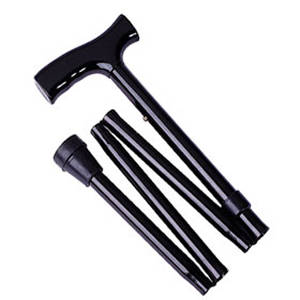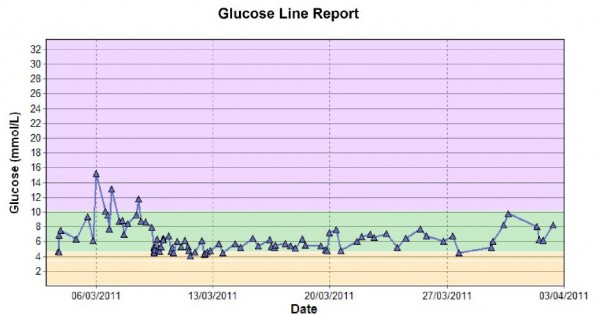A very distressing incident happened at Addenbrookes hospital in Cambridge today, in Health Minister Andrew Lansley’s own constituency. After major surgery Sue Marsh was given a drug that she is allergic to which caused her even more pain, and stubborn nurses refused to give her any other pain relief.
Sue was left in agony after her operation to remove a large section of her bowel when she was given Fentanyl while under anaesthetic. Sue is allergic to Fentanyl and far from reducing pain it actively increases it. (She has previously written about her horrific 1997 experience with Fentanyl.) She was wearing an allergy warning bracelet and the allergy was also noted on her consent forms. In fact Sue had agreed with staff that she would be given Pethidine which is what she had been given after several previous operations and is one of the few drugs that will work for her. When in spite of all of this Sue was given Fentanyl while under sedation, the pain team refused to give her the Pethidine when she came round and refused to call the on-call anaesthetist to change it - they claimed that no one had used Pethidine for years. Even after Sue was able to prove that she had been given it more recently, and prove the agreement to use it on this occasion and her allergy, she was still refused the pain relief that she needed. Faced with this refusal Sue turned to Twitter for help.
Sue Marsh campaigns for disability rights, the NHS and welfare and was the driving force behind the Spartacus Report into the deceitful Personal Independence Payments consultation. On twitter she has six thousand highly politically-connected followers including MPs, journalists from across the political spectrum, political activists and a vast number of sick and disabled people. When she tweeted messages of such obvious distress it created an immediate uproar. Kaliya Franklin (@Bendygirl) quickly made some phone calls and Sonia Poulton came to the rescue. Sonia - a journalist for the Daily Mail - called the hospital and spoke to the Operational Matron who promised to take action immediately. I am pleased to say that Sue was given Pethidine soon after, although as far as I can tell it was not the PCA (Patient Administered Analgesia) which had been agreed on and may have been a relatively small dose.
It is impossible to know at this stage what went wrong here but I hope there will be an investigation into what happened. Certainly Julian Huppert MP has taken an interest and will no doubt ask the right questions. This situation is an extremely serious one. Giving Sue the wrong drug could easily have killed her, and we must ask how often this might have happened to people who are less visible to the public. That decision by itself is bad enough, but the refusal by nurses to correct the mistake is horrendous. Deliberately leaving a patient in pain after major surgery may be considered to be torture.
While the objection to Pethidine PCA would have been a deliberate decision, and the decision to use Fentanyl was perhaps a mistake, it is harder to see how the pain team could justify ignoring Sue’s continuing pain. We can see from earlier tweets that Sue has already experienced similar problems with nurses in her ward:
https://twitter.com/#!/suey2y/status/201404752494469122
https://twitter.com/#!/suey2y/status/201404973056143360
https://twitter.com/#!/suey2y/status/201406727751610370
Please note; I have edited this blog post after talking to Sue about it and I have removed a section which suggested that budget cuts were responsible for what happened. I believe that cuts are harmful to the NHS and will result in serious problems but I have no proof that they were responsible for this situation.
You can read Sue’s tweets from the hospital below, but be warned that they are extremely upsetting.


 Sometimes I have to use a walking stick. I walk with a stick because sometimes the pain is too much to put weight on my legs, or my muscles are too weak to hold me up, or I am too dizzy and lack the balance to remain upright. I especially need the stick when I am standing still as without it I can fall over due to all of the above.
Sometimes I have to use a walking stick. I walk with a stick because sometimes the pain is too much to put weight on my legs, or my muscles are too weak to hold me up, or I am too dizzy and lack the balance to remain upright. I especially need the stick when I am standing still as without it I can fall over due to all of the above.